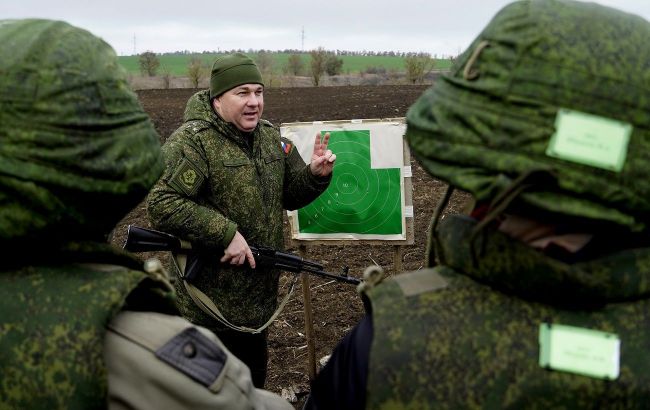Russia Imposes Counter-Terrorism Regime in Border Regions Amid Ukraine Conflict
In response to perceived threats from Ukraine, Russia has implemented a counter-terrorism operation (CTO) regime in three regions bordering the war-torn country: Bryansk, Kursk, and Belgorod.
Bryansk Oblast
The decision to initiate the CTO in Bryansk Oblast was made by local FSB chief, Major General S.V. Voronin. The measure took effect at 11:00 pm on August 9th, with the duration of the operation remaining unspecified.
The National Anti-Terrorism Committee (NAC) cited “increased diversionary-terrorist threats” from Ukraine as the rationale for the CTO.
Kursk Oblast
Similarly, the authorities of Kursk Oblast announced the implementation of a CTO, again citing heightened threats from Ukraine.
Acting Governor Alexei Smirnov released a statement on Telegram at 12:40 am, confirming the measure.
Belgorod Oblast
The NAC also announced the introduction of a CTO in Belgorod Oblast, claiming an “unprecedented attempt” by Ukraine to destabilize the region.
The NAC stated that additional anti-terrorism measures would be implemented in all three affected areas.
Situation in Border Regions
The three regions where the CTO has been imposed are strategically located on the northeastern border with Ukraine. They have been used as launchpads for Russian military operations and logistical hubs for invaders.
Despite Russian efforts to establish fortifications and defense lines in these areas, they have faced persistent air strikes and cross-border raids from Ukraine.
Unofficial reports indicate that Russia may have lost control of several settlements and hundreds of square kilometers in Kursk Oblast, including the town of Sudzha.
Implications
The implementation of the CTO in these border regions reflects heightened tensions between Russia and Ukraine, and suggests that Russia is anticipating further threats from across the border.
The move is likely to lead to increased security measures in the affected areas, including enhanced border controls, military patrols, and restrictions on movement.
